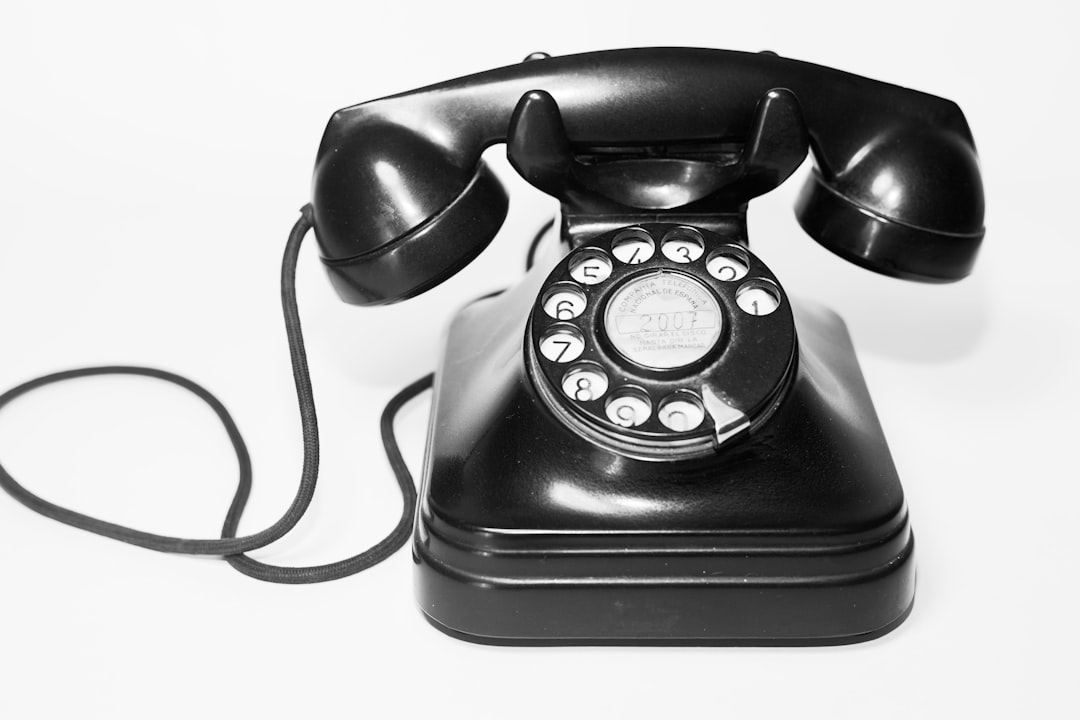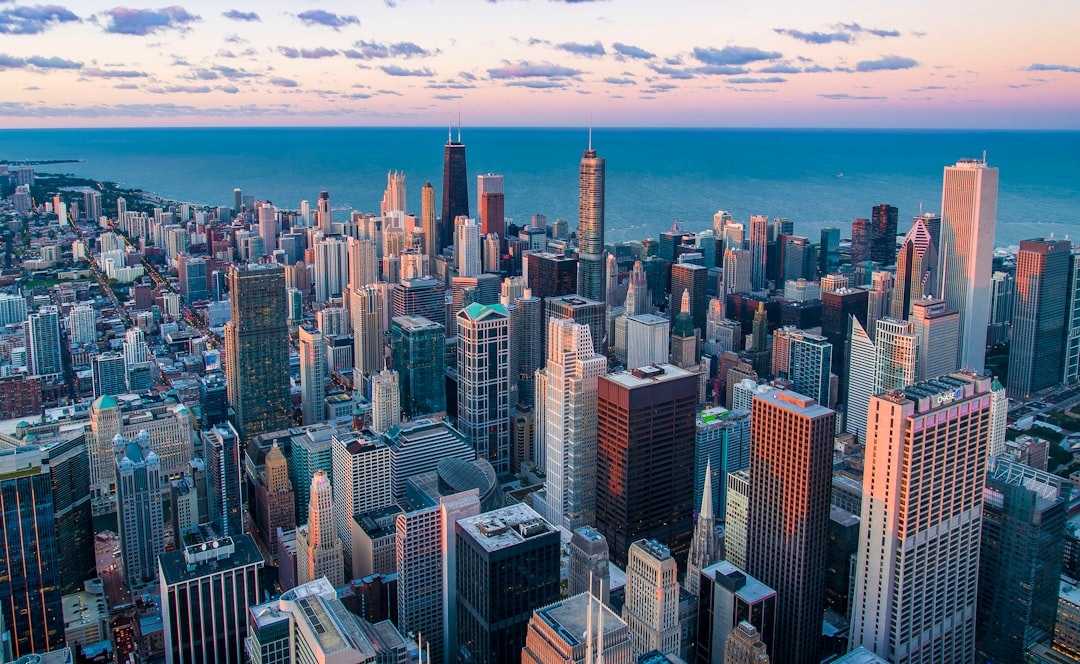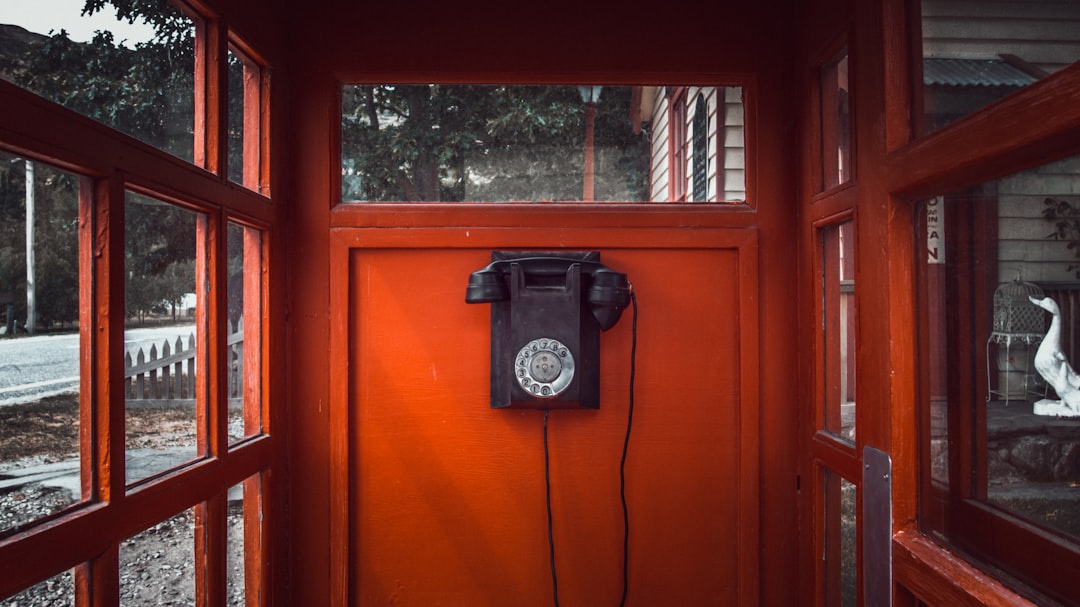In Chicago, including Naperville, No Call Laws protect residents from unwanted telemarketing calls, giving them control over their communication preferences. Residents can register on the Do Not Call list or use call-blocking apps that leverage advanced algorithms and community reporting to filter out spam. These measures have been well-received, fostering a peaceful community environment. While call-blocking apps like Naperville residents' favorites offer significant advantages under No Call Laws, they're not perfect, sometimes blocking emergency services or legitimate business numbers. Users must carefully manage blocking settings to avoid unintended consequences.
In Naperville, as across Chicago, strict No Call Laws aim to protect residents from unwanted telemarketing calls. However, despite these regulations, spam calls persist, leading many to seek innovative solutions. This article explores call-blocking apps, a growing trend among Naperville citizens. We delve into how these apps work, their effectiveness in blocking unwanted numbers, and the benefits they offer while also acknowledging potential challenges. By understanding No Call Laws and embracing technology, residents can reclaim control over their communication.
Understanding No Call Laws in Chicago and Their Impact on Residents

In Chicago, including Naperville, residents are protected by strict No Call Laws designed to combat unwanted telemarketing calls. These laws give citizens the power to decide when and how they want to be contacted by sales representatives or unknown callers. The impact on Naperville residents is significant, offering a sense of control over their daily lives and personal space. By registering on the Do Not Call list, which can be done easily online or via mail, residents ensure that their phone numbers are not used for telemarketing purposes, significantly reducing unwanted call volumes.
The No Call Laws in Chicago not only respect individuals’ privacy but also foster a sense of community peace. With fewer intrusive calls, residents can enjoy more quiet time and focus on personal interactions without external interruptions. This shift has been well-received by Naperville’s diverse population, providing relief from persistent sales pitches and allowing them to manage their communication preferences effectively.
The Rise of Call-Blocking Apps: A Solution for Unwanted Calls

In today’s digital era, the landscape of communication has evolved dramatically, and so have the tactics of telemarketers and unwanted callers. This has led to a significant rise in the popularity of call-blocking apps among Naperville residents. With the implementation of No Call Laws in Chicago and similar regions, these apps offer an effective solution for those seeking respite from intrusive phone calls.
Call-blocking applications have become powerful tools, allowing users to automatically filter out unknown or unwanted numbers. By leveraging advanced algorithms and community-based reporting systems, these apps learn and adapt to identify and block spam calls, ensuring a quieter and more peaceful environment for residents. This is particularly beneficial in areas where strict No Call Laws are in place, as it empowers individuals to take control of their communication preferences.
How Call-Blocking Apps Work and Their Efficiency in Blocking Unwanted Numbers

Call-blocking apps have become a popular solution for Naperville residents looking to combat unwanted calls, especially with the ever-present concern of telemarketing and scammer activity in the area under No Call Laws Chicago. These applications utilize advanced technology to identify and block incoming phone numbers, significantly reducing the number of nuisance calls received by users. The apps work by employing a combination of databases and machine learning algorithms to categorize each call.
The efficiency of these apps lies in their ability to learn from user feedback and adapt to new patterns. When a resident marks a number as spam or unwanted, this information is fed back into the app’s system, enhancing its accuracy over time. This dynamic approach ensures that not only common telemarketers but also emerging scammer numbers are blocked, providing residents with a more peaceful and secure communication environment.
Benefits of Using Call-Blocking Apps for Naperville Citizens

In today’s digital era, call-blocking apps have become a valuable tool for Naperville residents looking to navigate the complex landscape of phone communications. These innovative applications offer numerous benefits, especially in light of Chicago’s No Call Laws, designed to protect citizens from unwanted telemarketing calls. By seamlessly integrating advanced blocking technology, residents can efficiently silence pesky sales calls and robocalls, ensuring a quieter and more peaceful environment.
Call-blocking apps provide a level of control and customization that traditional call-screening methods cannot match. Users can easily block specific numbers, create personalized do-not-disturb lists, and even identify and filter out spam calls. This enhances the overall user experience, allowing Naperville folks to focus on genuine communications while keeping their personal space free from intrusive marketing efforts.
Potential Challenges and Limitations of Call-Blocking Technology

Despite their growing popularity, call-blocking apps aren’t foolproof and come with certain challenges. One significant limitation is their ability to distinguish between unwanted calls and legitimate ones, especially from emergency services or important business numbers. This can lead to false positives, blocking essential calls and potentially causing harm during emergencies.
Additionally, while No Call Laws in Chicago aim to protect residents from telemarketing and spam calls, these laws don’t always account for all types of unwanted calls. Some call-blocking apps may block calls from known spammers, but they might also intercept important messages from healthcare providers, financial institutions, or even friends and family members who aren’t on the app’s approved lists. This highlights the need for users to carefully manage their blocking settings and stay updated with local no-call regulations to avoid any unintended consequences.






